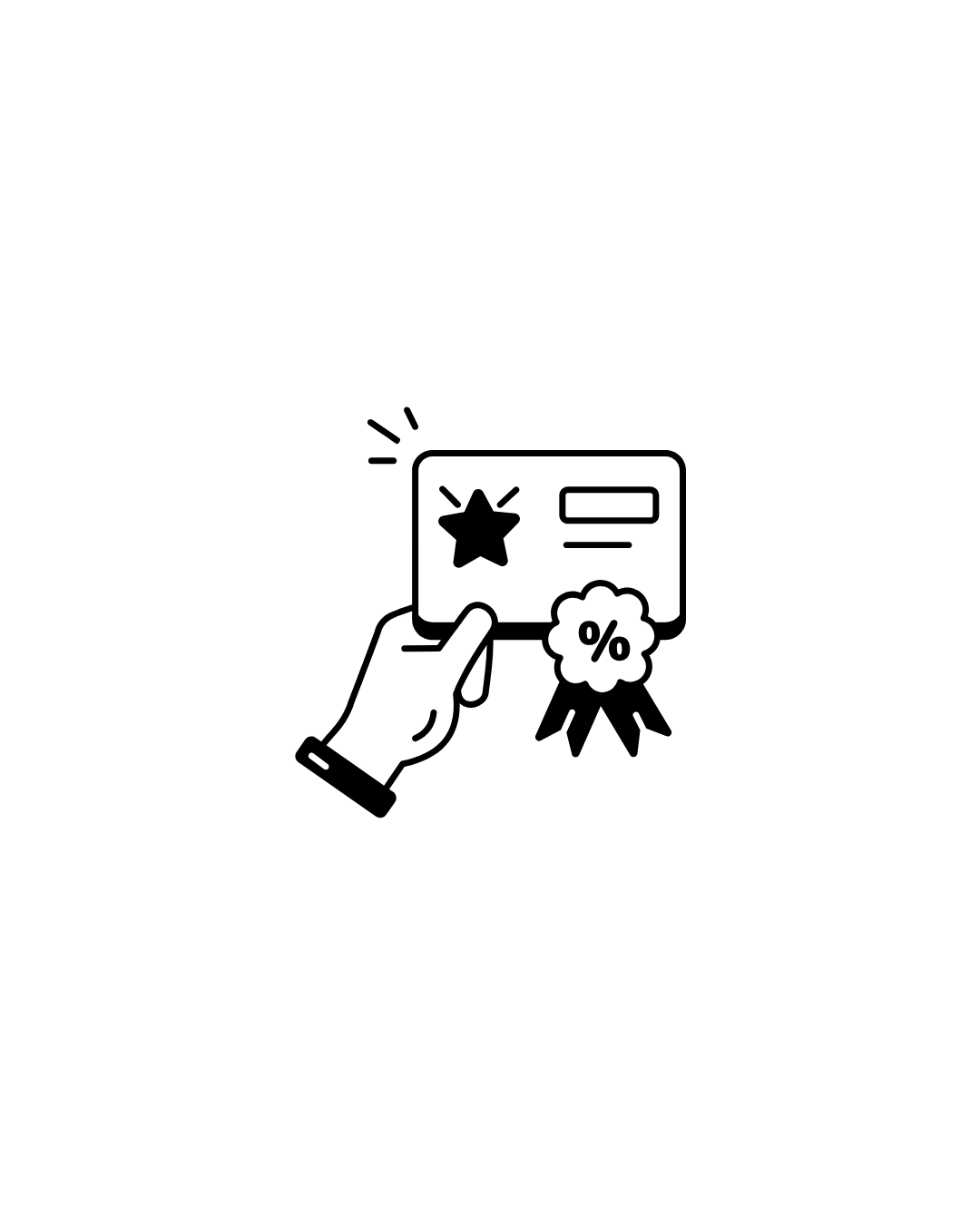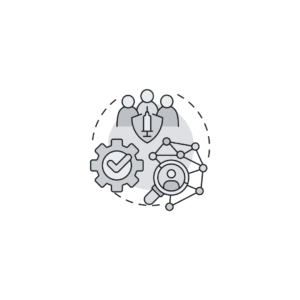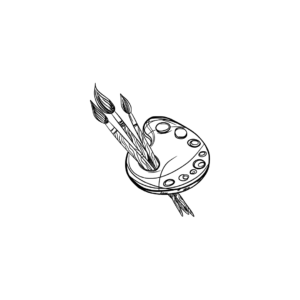Description
A Bachelor of Applied Psychology (BAP) is a specialized undergraduate degree that focuses on the practical application of psychological principles in various real-world contexts. This program is designed for students interested in understanding human behavior, mental processes, and the psychological factors that influence everyday life. It prepares graduates for careers in diverse fields, including healthcare, education, business, and social services.
Program Overview
Duration: Typically, a Bachelor of Applied Psychology program takes about 3 to 4 years to complete, depending on the institution and the specific curriculum structure.
Mode: Offered in full-time, part-time, and sometimes online formats to accommodate students? schedules and needs.
Eligibility: Generally requires a high school diploma or equivalent for admission. Some programs may have additional entrance requirements.
Core Subjects
The curriculum of a BAP program often includes a combination of foundational psychology courses and applied courses. Key subject areas may include:
Introduction to Psychology: Overview of basic psychological concepts, theories, and research methods.
Developmental Psychology: Study of human growth and development across the lifespan.
Abnormal Psychology: Examination of psychological disorders, their diagnosis, treatment, and impact on individuals and society.
Social Psychology: Exploration of how individuals’ thoughts, feelings, and behaviors are influenced by social contexts.
Organizational Psychology: Application of psychological principles to workplace settings, focusing on employee behavior, motivation, and organizational dynamics.
Counseling Techniques: Overview of various counseling methods and skills used in therapeutic contexts.
Research Methods in Psychology: Introduction to research design, data collection, and analysis in psychology.
Applied Psychology Practicum: Hands-on experience in a setting where students can apply psychological principles and gain practical skills.
Skills Developed
Critical Thinking: Ability to analyze and evaluate psychological concepts and research findings.
Interpersonal Skills: Strong communication and empathy skills, essential for working with individuals in various settings.
Research and Analytical Skills: Competence in designing studies, collecting data, and interpreting results.
Problem-Solving Abilities: Capacity to apply psychological principles to address real-world issues and challenges.
Career Opportunities
Graduates with a Bachelor of Applied Psychology can pursue various career paths, including:
Human Resources Specialist
Mental Health Support Worker
Community Outreach Coordinator
Behavioral Therapist Assistant
Marketing and Consumer Behavior Analyst
Educational Counselor
Organizational Development Consultant
Benefits of Pursuing a BAP
Practical Application: Emphasis on real-world applications of psychology prepares students for immediate entry into the workforce or for further studies.
Diverse Career Options: The skills developed are applicable in numerous sectors, including healthcare, education, business, and social services.
Foundation for Graduate Studies: This degree provides a solid foundation for those interested in pursuing advanced degrees in psychology, counseling, social work, or related fields.
Additional Considerations
When exploring a Bachelor of Applied Psychology:
Internships and Practicums: Engaging in internships or applied experiences enhances learning and improves employability.
Networking: Opportunities to connect with professionals in the field through seminars, workshops, and collaborations can be beneficial for career development.
If you have any specific questions about the program, its components, or potential career opportunities in applied psychology, feel free to ask!









